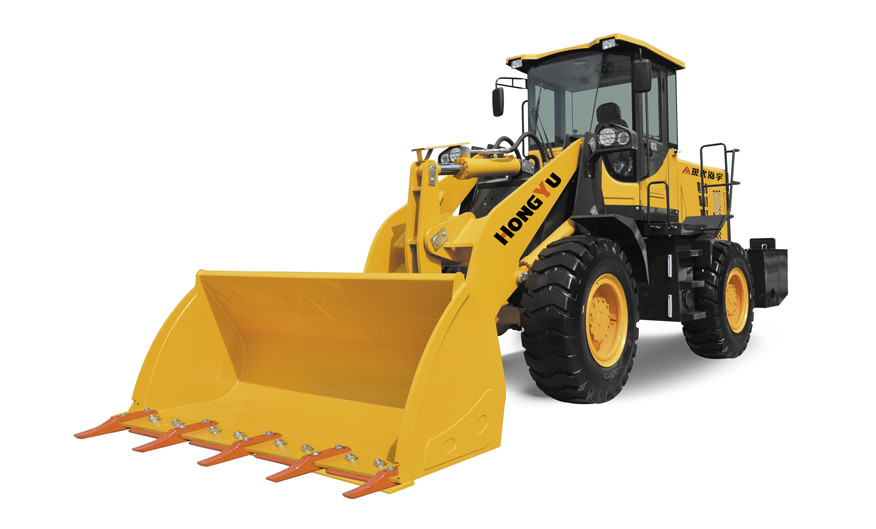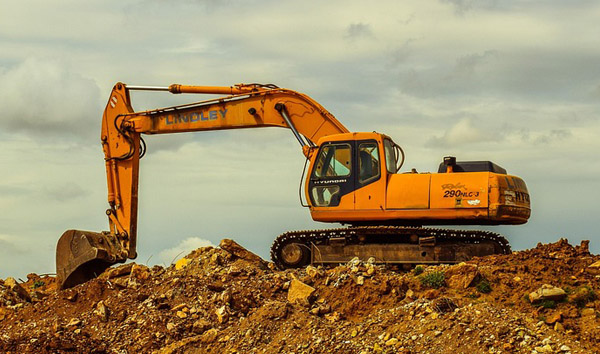The Future of Forklift Trucks: Automation and Efficiency in Material Handling
2025-07-09 04:25:27
The forklift truck industry is experiencing a technological revolution, with automation leading the charge. Autonomous forklifts, equipped with AI-driven navigation systems, are increasingly being deployed in warehouses and manufacturing plants. These machines can operate without human intervention, optimizing workflows and reducing labor costs. According to recent market data, the global autonomous forklift market is projected to grow at a CAGR of 12.5% by 2030, signaling a major shift in industrial logistics.
Energy efficiency is another critical factor reshaping the forklift truck sector. Traditional internal combustion engines are being phased out in favor of electric and hydrogen-powered models. Lithium-ion batteries, in particular, offer longer lifespans and faster charging times compared to lead-acid alternatives. Industry reports indicate that electric forklifts now account for over 60% of new sales in Europe and North America, driven by stricter emissions regulations and corporate sustainability goals.
Smart logistics integration is enhancing the capabilities of modern forklift trucks. IoT-enabled sensors and telematics systems allow real-time monitoring of vehicle performance, maintenance needs, and load optimization. These advancements not only improve operational efficiency but also reduce downtime. For instance, predictive maintenance algorithms can alert operators before a mechanical failure occurs, ensuring uninterrupted workflow in high-demand environments.
Safety remains a top priority in forklift truck operations. New models feature advanced collision avoidance systems, automatic braking, and operator-assist technologies. According to OSHA, forklift-related accidents cost businesses over $135 million annually in the U.S. alone. The adoption of these safety innovations is expected to reduce workplace injuries by up to 30% in the next five years, making forklift trucks safer for both operators and pedestrians.
The future of forklift trucks lies in seamless integration with Industry 4.0. From AI-driven automation to sustainable energy solutions, these machines are becoming smarter and more efficient. As supply chains grow more complex, the demand for high-performance forklift trucks will continue to rise, solidifying their role as indispensable assets in modern material handling. Industry leaders must stay ahead of these trends to remain competitive in an increasingly automated world.












